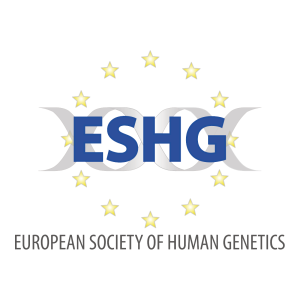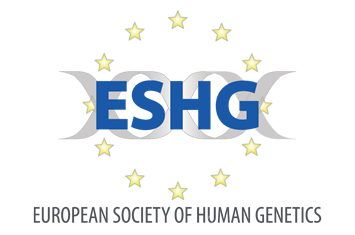General Information – Essay Contest
Topic
For many years in the past century, geneticists focussed on isolated populations to discover genetic traits, including lactose intolerance or sickle cell anaemia. Recent advancements in genetic and genomic technologies have enabled the conduction of large-scale studies in human genetics, such as those by the UK Biobank, Estonian Biobank, and FinnGen. However, still do not encompass the full diversity of world populations.
Therefore, this year’s task is:
In a 750 word essay of your own, please discuss the importance of understanding genetic diversity for health and disease. Support your example with specific DNA variants and genes.
Participants
Secondary school students between 14 and 19 years of age may enter the contest. All essays should be submitted by the student’s classroom teacher. If possible, the best essays from a class should be selected for submission.
Length
The essay is strictly limited to 750 words. One optional figure or image can be included in the essay. Any figure legend will be included in the word count. A picture of the student should also be attached if possible.
Language
Please submit essays in English. However, students are welcome to write their essays in their own language and have them translated by their teachers/schools.
Deadline
All essays must be received no later than April 25, 2025, 24.00 hrs CET.
Submission
All essays must be submitted online via this website. Detailed instructions are given below. Submissions by email can unfortunately not be accepted.
Resources
The ESHG has facilitated a very interesting website with diverse Genetic Educational Resources. Check www.eurogems.org for more information.
Scoring
Essays will be read and scored by at least three independent geneticists from the ESHG. Scoring will be based on the following criteria:
- Overall accuracy of genetic content (0-7 pts)
- Use of evidence to support an argument (0-3 pts)
- Is the essay focused on question? (0-3 pts)
- Writing quality (clear thesis, composition) (0-5 pts)
- References and citations (0-2 pts for several high-quality sources)
So a maximum of 20 points from each reviewer can be achieved.
1st, 2nd and 3rd place winners will be chosen. The winning students and their teachers will be announced by end of May/beginning of June 2025. Their names and essays will then appear on the ESHG DNA Day website.
Prizes
First Place Winner: EUR 400
In addition, sponsoring teachers of first place students will receive EUR 1.000 to organise a science project or to purchase classroom equipment.
Second Place Winner: EUR 300
In addition, sponsoring teachers of first place students will receive EUR 800 to organise a science project or to purchase classroom equipment
Third Place Winner: EUR 200
In addition, sponsoring teachers of first place students will receive EUR 500 to organise a science project or to purchase classroom equipment
All participants will receive a certificate of appreciation for their participation in the contest.
Special Dates
End of November: Submissions opens
April 25: Deadline for the submission to the European Society of Human Genetics
April 25: DNA DAY
May 1 – May 20: An international jury of scientists are judging the submissions
Beginning of June: Essay contest winners will be announced to the public

